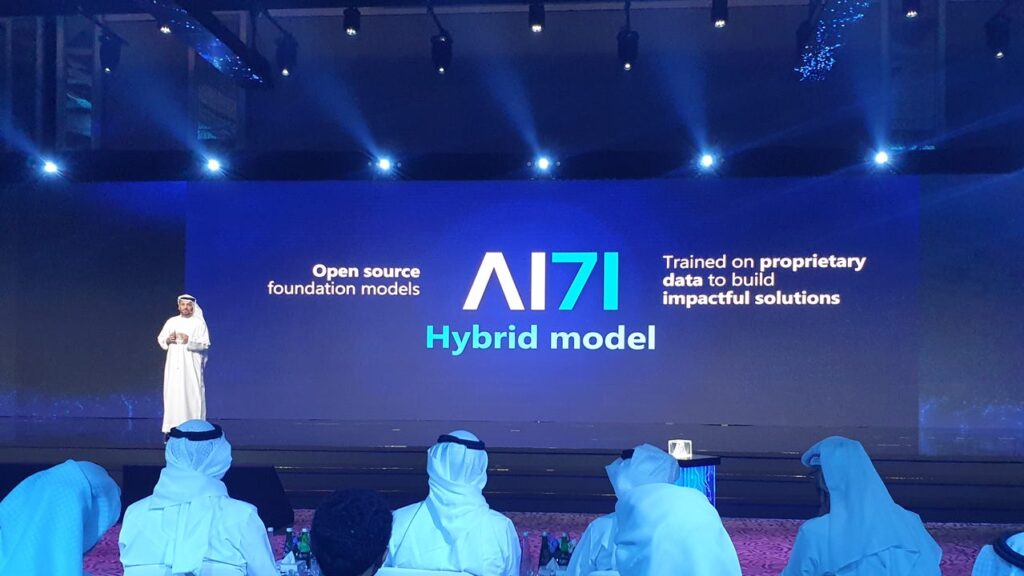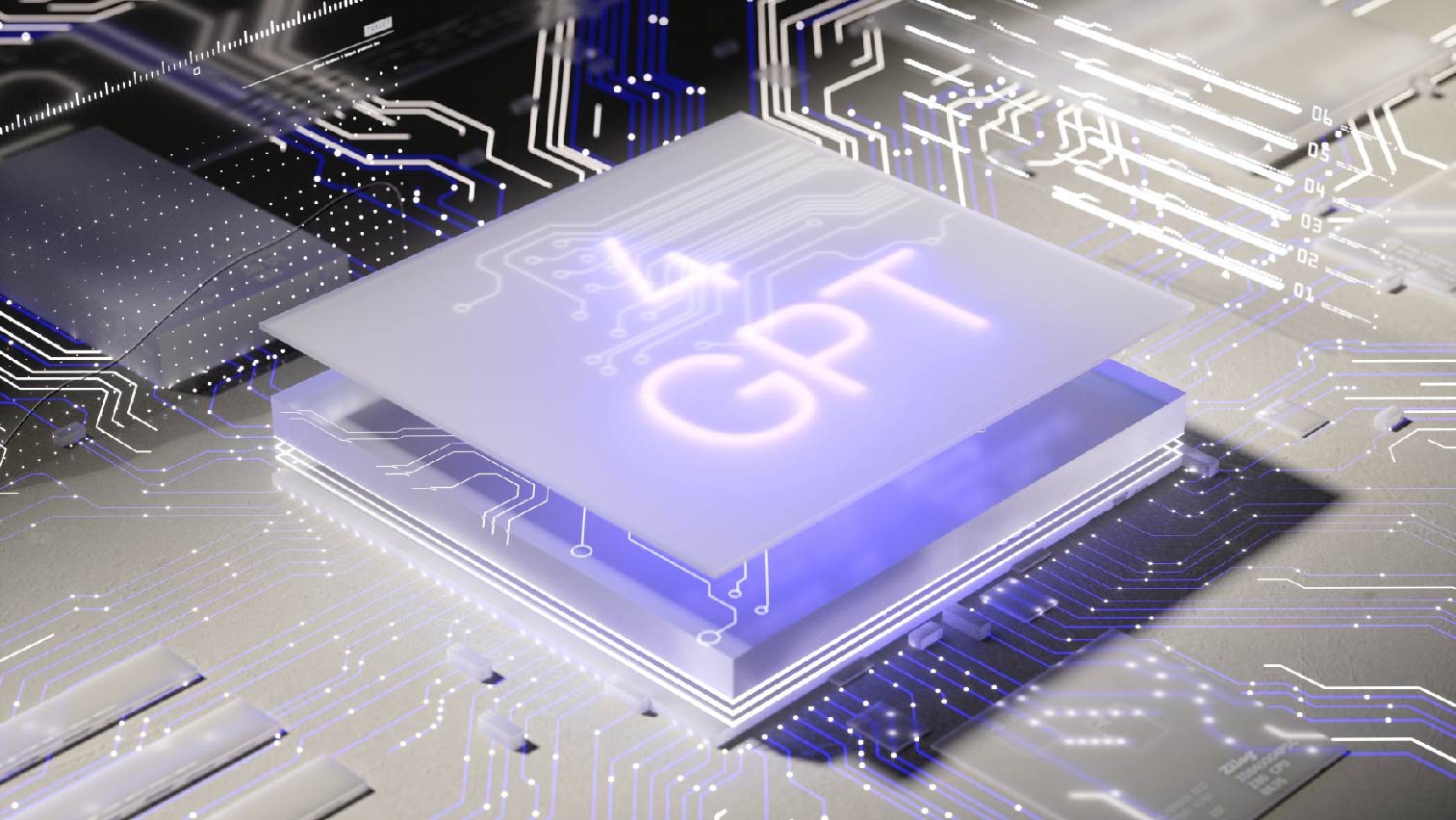It’s Thursday, a day many of you look forward to! We’re here again with the latest news from the world of artificial intelligence. Following the recent buzz about AI chatbots, today we’ll look at the newest and coolest tech updates.
Get ready to find out more about the latest in AI!
Today’s topic includes:
- Formula One Trials AI to Tackle Track Limits Breaches
- Anthropic Upsizes Claude 2.1 to 200K Tokens, Nearly Doubling GPT-4
- Amazon Is Using AI to Deliver Packages Faster Than Ever This Holiday Season
- How AI Could Power the Climate Breakthrough the World Needs
- OpenAI’s Custom Chatbots Are Leaking Their Secrets
- Amazon Latest Tech Giant to Announce AI Chatbot
- Abu Dhabi Launches AI Company AI71: Competitor to OpenAI
Formula One Trials AI to Tackle Track Limits Breaches
Formula One is experimenting with AI to address track limit violations at the Abu Dhabi Grand Prix. Using ‘Computer Vision technology, the AI analyzes shapes to determine if a car crosses the track edge with all 4 wheels. This system aims to alleviate the workload of the FIA’s remote operations center and quicken response times.

Previously, significant human effort was needed to monitor potential track limit breaches, with instances of some breaches going unpunished.
Once used in medicine for scanning cancer screening data, the technology helps focus on genuine cases by filtering out clear non-violations. This addition will reduce the number of potential infringements reviewed by the ROC, lessening the number sent to race control.
The FIA aims to continue investing in software and new technologies for efficient and automated race monitoring.
Anthropic Upsizes Claude 2.1 to 200K Tokens, Nearly Doubling GPT-4
Anthropic has introduced Claude 2.1, an upgraded version of its language model that now features a 200,000-token context window, significantly surpassing OpenAI’s GPT-4, which has a 120,000-token limit. This advancement was made possible by partnering with Google, providing Anthropic access to superior processing hardware. Claude 2.1, available via API and powering Anthropic’s chat experience, boasts twice the reduction in hallucination rates and the ability to process lengthy documents such as full codebases or novels.
With early testing demonstrating a greater understanding of information in prompts 50% longer than those handled by GPT-4, it represents a significant advance over its predecessor.
The model also includes new features like API tools for workflow integration and customizable system prompts. However, the full 200K token capacity is currently exclusive to Claude Pro subscribers, with free users limited to the 100K tokens of Claude 2.0.
This enhancement positions Claude 2.1 as a strong competitor in the AI field, especially for applications requiring high precision and adaptability.
Amazon Is Using AI to Deliver Packages Faster Than Ever This Holiday Season
Amazon has significantly enhanced its delivery efficiency during the holiday season, particularly around Cyber Monday, by integrating Artificial Intelligence (AI) into its operations. This technological advancement has enabled Amazon to dispatch packages within just 11 minutes of an order being placed at same-day delivery facilities, a remarkable improvement over its standard next-day or two-day delivery processes. This acceleration in delivery times is particularly crucial given the high volume of online shoppers, which surpassed 71 million on Cyber Monday alone.
AI plays a pivotal role in every aspect of Amazon’s delivery process, from the initial stages of handling orders to the final delivery. The AI technology is designed to be a behind-the-scenes force, improving efficiency and speed without being noticeable to the customer. Scot Hamilton, Vice President for last-mile delivery routing and planning technology at Amazon, likened Cyber Monday to the company’s “Super Bowl,” emphasizing the extensive preparation and the critical role of AI in ensuring a smooth and rapid delivery process.
How AI Could Power the Climate Breakthrough the World Needs
Artificial intelligence is being used to help solve problems caused by climate change. ClimateAi has created a special AI tool to check how crops like tomatoes might be affected by climate change. In Maharashtra, India, this tool figured out that due to a lot of heat and not enough rain, tomato farming might reduce by 30% in 20 years. This information helped farmers there to plan better for the future.
AI is great because it can handle lots and lots of information quickly. This is super useful for predicting weather changes, finding the best places to grow plants, and even making energy from wind more efficient.
Although AI doesn’t use too much energy right now, that could change soon. Some big companies, like Amazon Web Services, are trying to fix this by using less water and placing their computer centers where they can be more eco-friendly.

OpenAI’s Custom Chatbots Are Leaking Their Secrets
Recently, OpenAI let users build personalized GPTs, or chatbots. But these chatbots have flaws, as researchers like Jiahao Yu from Northwestern University have revealed. They may be tricked into revealing private information and even programming instructions. This security issue raises privacy concerns since proprietary and personal data may be compromised.
Creating a custom GPT is straightforward, but this ease of creation makes them susceptible to attacks like prompt injections, where chatbots are tricked into acting against their programming. This has led to instances of data leakage and cloned chatbots.
OpenAI acknowledges the privacy risks and is working to improve security against such adversarial attacks. Users should be aware of these risks and consider the sensitivity of the data they upload to custom GPTs. The ongoing effort to secure these chatbots against vulnerabilities reflects the challenges in ensuring safety in AI advancements.
Amazon Latest Tech Giant to Announce AI Chatbot
Amazon has announced its AI-powered chatbot, Q, designed to enhance business productivity by summarizing long documents, grouping chats, and more. This move follows the success of OpenAI’s ChatGPT, which catalyzed a trend among tech companies to integrate AI chatbots. Amazon’s Q aims to avoid copyright issues, a significant concern highlighted by lawsuits against OpenAI, where authors like Sarah Silverman claimed their works were used to train ChatGPT without permission.
Although a U.S. judge dismissed much of Silverman’s lawsuit, other authors, including Margaret Atwood and Philip Pullman, have echoed similar concerns.
Q will be integrated into Amazon’s main business applications, offering services like customer query responses, data analysis, chart generation, and coding assistance. This launch is part of Amazon’s broader investment in AI, including a significant investment in the formerly mentioned Anthropic and ownership of Mechanical Turk, a crowdsourcing AI model training service.
Abu Dhabi Launches AI Company AI71: Competitor to OpenAI
Abu Dhabi is advancing in the AI sector by introducing AI71, a new AI company under the Advanced Technology Research Council. AI71, developed from the Technology Innovation Institute’s AI research initiatives, aims to compete with major AI labs like OpenAI. The company will focus on marketing and supporting the Falcon large language model developed by TII.

AI71’s launch includes three platforms: LAW71, RAZI71, and ASK71, each targeting different domains, with more platforms expected soon. VentureOne, ATRC’s technology commercialization branch, played a crucial role in establishing AI71, enhancing Abu Dhabi’s position in the global AI landscape.
The UAE has been actively pursuing AI innovation, demonstrated by TII and G42 launching LLMs in the country. TII recently upgraded its Falcon model to Falcon 180B LLM, following the earlier Falcon 40B release. Additionally, Core42, in collaboration with Mohamed bin Zayed University of Artificial Intelligence and Cerebras Systems, launched Jais 30B, an Arabic open-source LLM, building on their previous Jais 13B model.
These initiatives indicate the UAE’s commitment to establishing a significant presence in the global AI industry.
What’s Next?
Wrapping up this week’s AI Digest, it has been a remarkable one in the world of artificial intelligence.
From the explosive growth in AI chatbot development to the innovative uses of AI in various fields like Formula One, delivery services, and climate technology, we’re seeing just how deeply AI is integrating into our world.
Stay tuned for the latest advancements in AI as we bring you fresh and exciting news every week!




